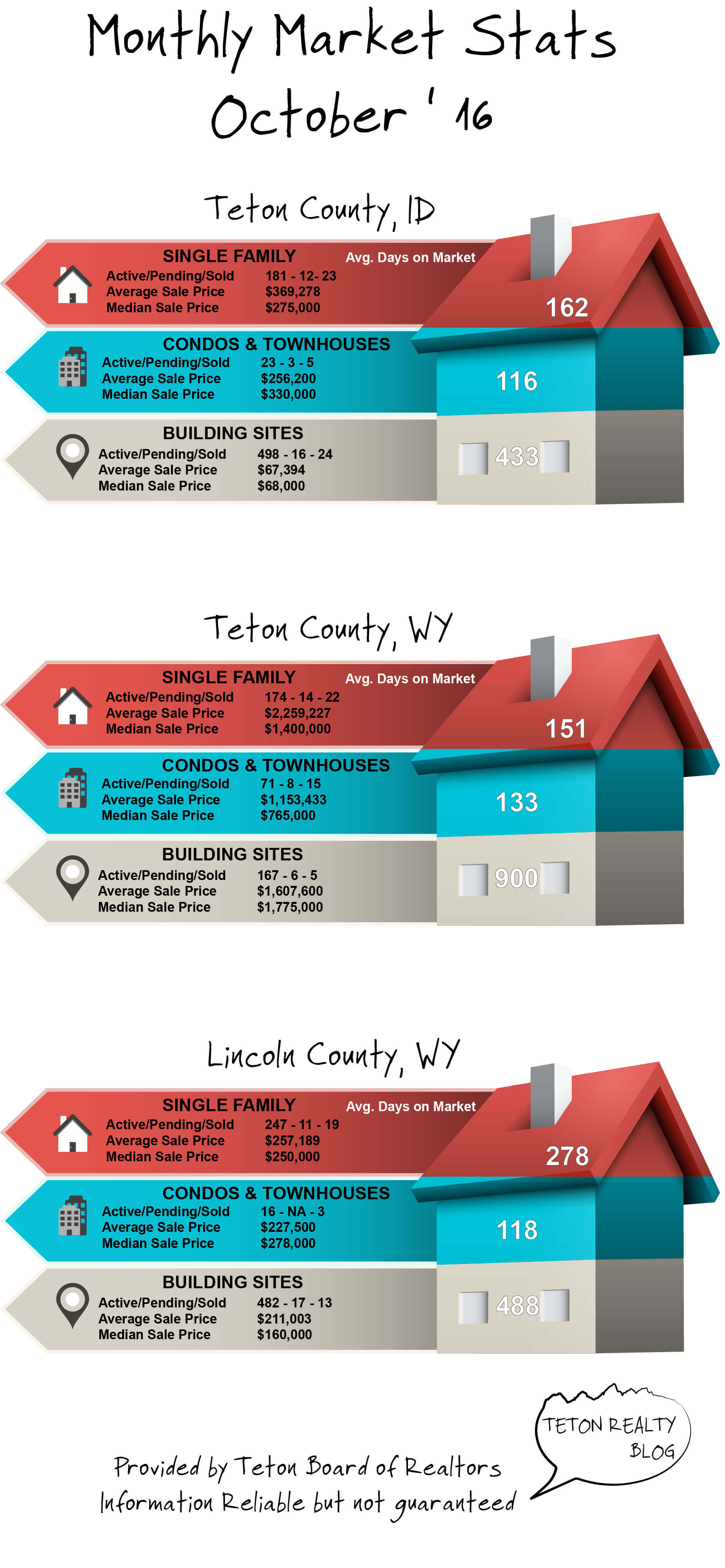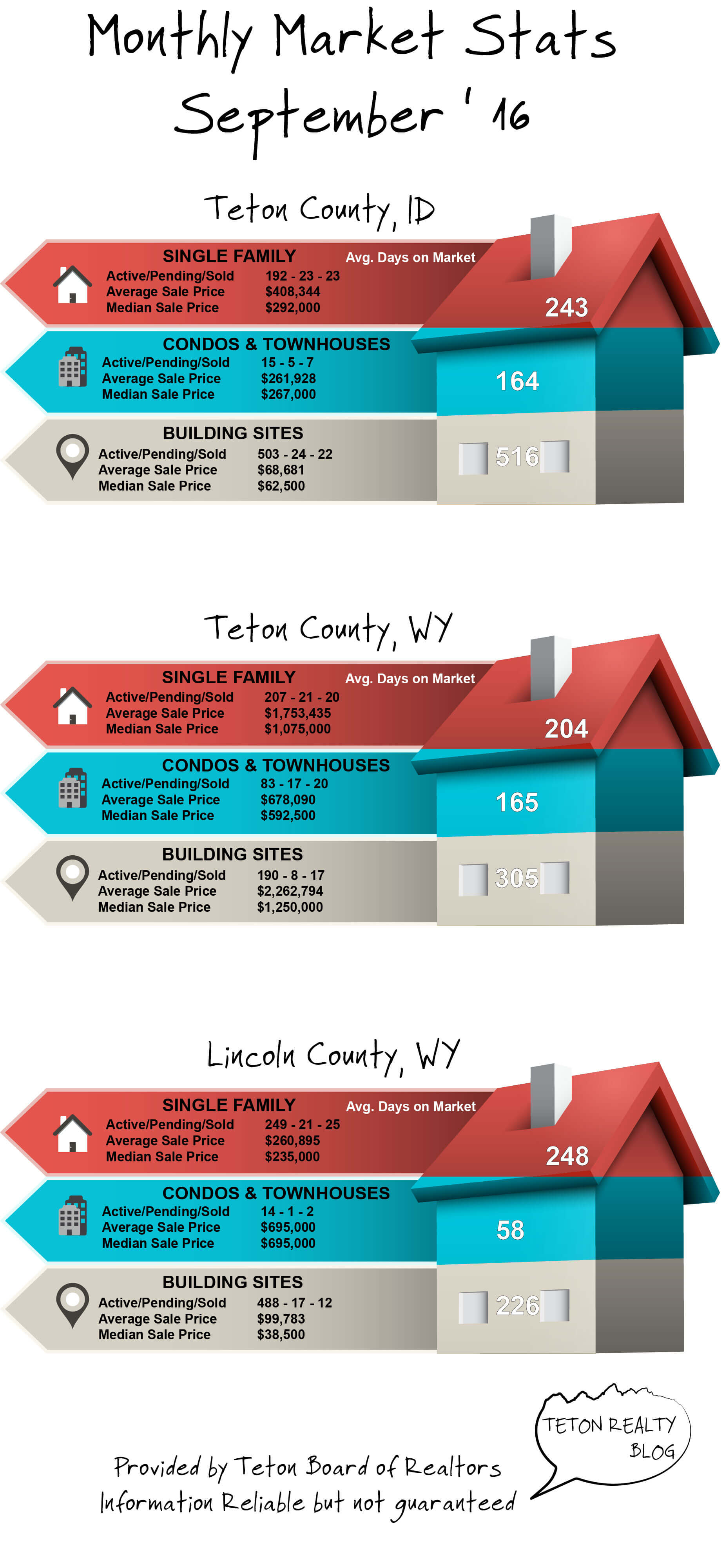Teton County, ID averages sales prices dropped below 400k this month, but still substantially higher than 1 year ago. Inventory has reduced again this month, and sales are on par with last month. Pending sales are reduced, likely as a result of the reduced inventory.
Teton County, WY saw a slight increase in inventory, pending sales and sales. The average sales price dipped below 2mm this month. Building site sales decreased when compared with last month.
Lincoln Count, WY’s market is similar to Teton County Idaho’s with reduced inventory and thus pending sales and sales. Building sites are almost exactly on par with last month in terms of volume, though average prices increased substantially this month.
 Depending on where you are from, you’re probably used to seeing real estate agents that typically work with residential home buyers and lot sales. Then, you have the commercial real estate brokers who are described by many as a “whole ‘nother animal”. This is usually because commercial real estate agents don’t do much in terms of residential sales. In some cases such as Idaho Falls, the brokers network with one another as well as more regional (or brokers in other regions) commercial brokers, and the local client base. It was described to me as “a lot of going out to lunch” (networking) when I asked a local real estate professional about trying to find information in the local MLS, which oftentimes commercial agents don’t do. Anyway, they hold things close to their chest. Maybe that’s because they are protecting their client base and interest as a commercial broker, or maybe it’s simply because they don’t need to use the MLS because it’s not the way it works in that area.
Depending on where you are from, you’re probably used to seeing real estate agents that typically work with residential home buyers and lot sales. Then, you have the commercial real estate brokers who are described by many as a “whole ‘nother animal”. This is usually because commercial real estate agents don’t do much in terms of residential sales. In some cases such as Idaho Falls, the brokers network with one another as well as more regional (or brokers in other regions) commercial brokers, and the local client base. It was described to me as “a lot of going out to lunch” (networking) when I asked a local real estate professional about trying to find information in the local MLS, which oftentimes commercial agents don’t do. Anyway, they hold things close to their chest. Maybe that’s because they are protecting their client base and interest as a commercial broker, or maybe it’s simply because they don’t need to use the MLS because it’s not the way it works in that area.
 ***Tayson is not a Title expert! Always consult with your Title Company, or attorney when reviewing an actual policy, or Commitment for Title Insurance.
***Tayson is not a Title expert! Always consult with your Title Company, or attorney when reviewing an actual policy, or Commitment for Title Insurance.